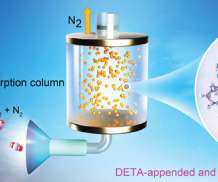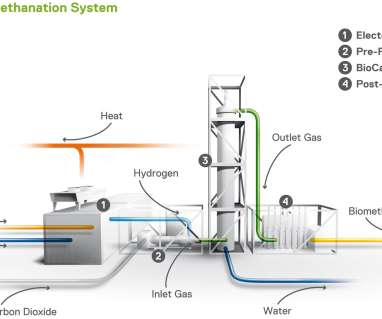Researchers use melamine to create effective, low-cost carbon capture; potential tailpipe application
Green Car Congress
AUGUST 5, 2022
The new material is simple to make, requiring primarily off-the-shelf melamine powder—which today costs about $40 per ton—along with formaldehyde and cyanuric acid, a chemical that, among other uses, is added with chlorine to swimming pools. The low cost of porous melamine means that the material could be deployed widely.





































Let's personalize your content